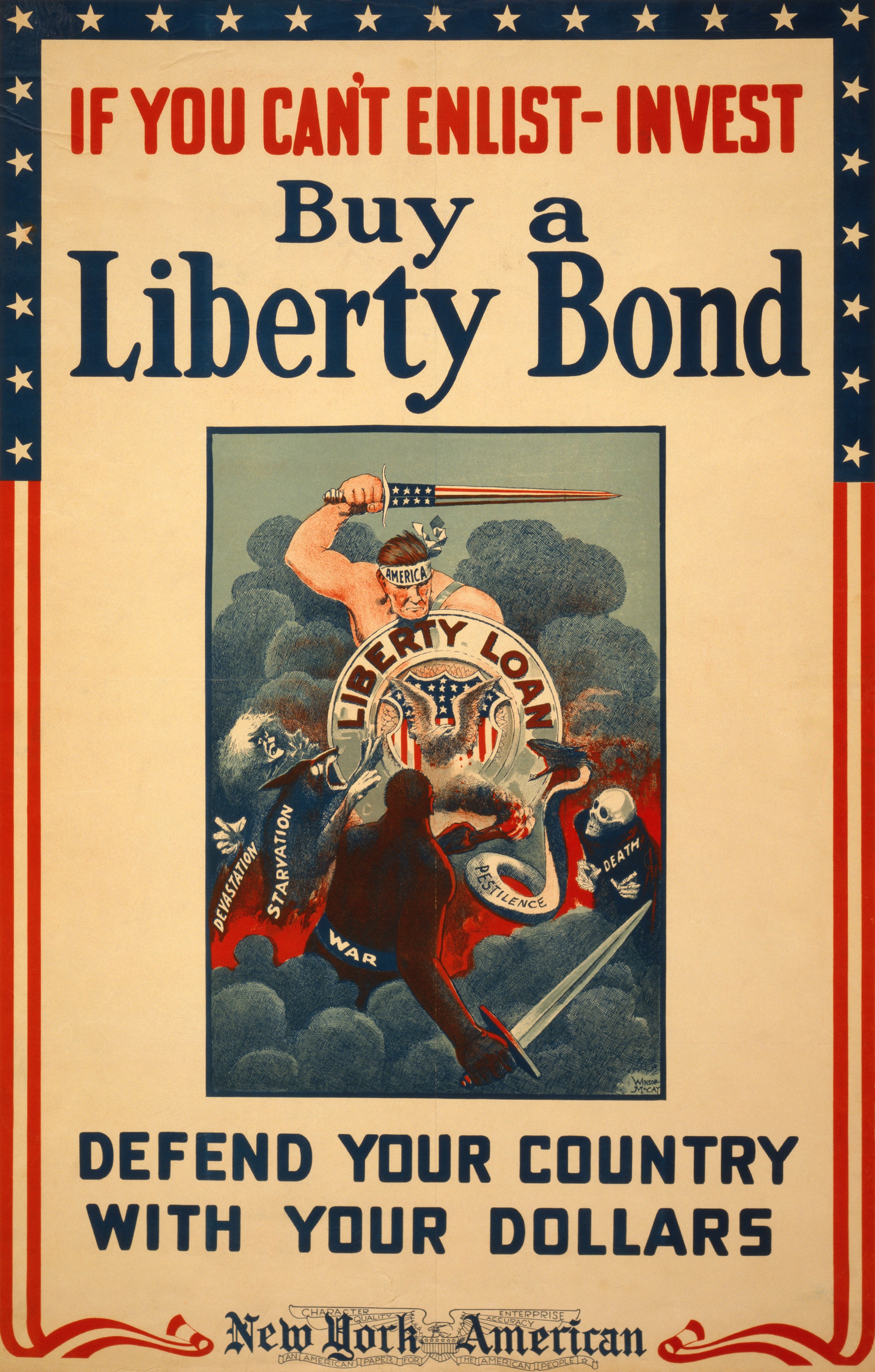Crystallizing Public Opinion for Good Government

Edward L. Bernays talks about propaganda and its techniques in "Crystallizing Public Opinion." Any good government can be sold to a public with the right regimine and protaganist according to Bernays. Newspapers, movies, radio, and word of mouth were especially influential when convincing a community of a specific idealogy.
Bernays states the following regarding newspapers and advertising:
"He must, in other words, become the creator of circumstance. The circumstances which he creates must embody the basic appeal he has developed as the one to which his public will respond, and it must embody this appeal in the form of a happening which will be as important, or more important, than other happenings in that particular place on that particular day."That statement is powerful when you realize how different points of views and emotions can be determined by creating circumstances of much importance. Bernay's had great technique in influencing public opinion. His techniques were to survey the public, study of physical media of approach and coordination of appeal to the media and the public.













